Probiotic supplements for dogs from natural fibre
- Natural fibre probiotic supplements can significantly improve your dog's digestion, stool quality, and immune function by supporting the growth of beneficial gut bacteria.
- JP's Natural Fibre Supplement combines clinoptilolite zeolite with probiotics for enhanced detoxification and digestive support for dogs of all breeds.
- The balance of soluble and insoluble fibres in quality supplements helps regulate digestion speed while feeding beneficial gut bacteria.
- Dogs with anal gland issues, loose stools, or those who frequently eat grass may be showing signs they need gut flora support.
- Introducing fibre probiotics gradually and at the correct dosage is essential for avoiding temporary digestive upset and achieving optimal results.
Why Your Dog Needs Natural Fibre Probiotics Now
Your dog's digestive system holds the key to their overall health, yet processed foods, environmental toxins, and stress constantly challenge it. Natural fibre probiotic supplements provide the critical gut support many dogs are missing in their daily diet. These specialised formulas combine the digestive benefits of dietary fibre with live beneficial bacteria to create a comprehensive approach to canine gut health. By supporting proper digestion and strengthening the gut barrier, these supplements help prevent common issues such as diarrhoea, constipation, and specific allergic reactions that stem from poor gut function.
Unlike prescription medications that often address symptoms without solving underlying problems, natural fibre probiotics work with your dog's body to restore balance from within. The combination of fibres and probiotics creates an environment where good bacteria can thrive, helping to eliminate toxins and waste more efficiently. Many pet parents notice firmer stools, reduced gas, and improved energy levels within weeks of starting supplementation. Most importantly, these natural supplements support your dog's immune system, as nearly 70% of immune function is directly tied to gut health.
The Science Behind Canine Gut Health
The Canine Microbiome by Numbers
• 100 trillion+ bacteria inhabit your dog's digestive tract
• 500+ different bacterial species make up a healthy gut
• 70% of immune function is connected to gut health
• 90% of serotonin (mood regulator) is produced in the gut
Your dog's digestive system contains a complex ecosystem of bacteria, fungi, and other microorganisms collectively known as the microbiome. This intricate community plays a vital role in extracting nutrients from food, protecting against pathogens, and even influencing mood and behaviour through the gut-brain axis. Unlike humans, dogs have a relatively short digestive tract that evolved for the quick processing of protein-rich foods. This evolutionary design makes them particularly sensitive to dietary changes, requiring specific support for optimal gut function.
Modern research has revealed that diet directly shapes the composition of the microbiome, with processed foods and antibiotics often disrupting the natural balance. When beneficial bacteria are reduced, opportunistic pathogens can proliferate, leading to inflammation and digestive distress. Regular supplementation with natural fibre probiotics helps maintain this delicate ecosystem by providing both the beneficial bacteria themselves and the specialised food sources they need to thrive. This scientific understanding of the microbiome has revolutionised our approach to canine health, highlighting the importance of gut support for everything from digestion to immune function and even behavioural stability.
How Probiotics Balance Your Dog's Microbiome
Probiotics are living microorganisms that, when administered in adequate amounts, confer health benefits to your dog. The most effective canine probiotics contain specific strains, such as Enterococcus faecium, that have been clinically studied in dogs rather than borrowed from human supplements. These beneficial bacteria work through multiple mechanisms - they physically occupy space that harmful bacteria might otherwise colonise, produce compounds that inhibit pathogen growth, and stimulate your dog's immune cells to respond more effectively to threats. The presence of these beneficial bacteria helps maintain the slightly acidic environment necessary for optimal digestion, while reducing inflammation throughout the digestive tract.

What makes probiotics particularly valuable is their ability to restore balance after disruptions, such as antibiotic treatment, stress, or dietary indiscretions. When your dog experiences these challenges, the population of good bacteria can plummet, allowing harmful microbes to gain a foothold. Quality probiotic supplements deliver billions of beneficial organisms directly to the gut, where they can quickly begin restoring proper function. The most effective formulations include multiple strains that work synergistically, with each performing slightly different roles in maintaining gut health.
For long-term microbiome support, probiotics need to be administered regularly, as these beneficial organisms don't permanently colonise the gut. This is especially true for dogs with chronic digestive issues or those on medications that can disrupt gut flora. The continuous introduction of beneficial bacteria through daily supplementation ensures your dog's digestive system maintains the microbial diversity needed for optimal health and immune function.
Fibre's Role in Supporting Probiotic Function
Dietary fibre acts as the essential fuel that allows probiotic bacteria to thrive and multiply within your dog's digestive tract. While probiotics introduce beneficial bacteria, fibres provide the specific nutrients these organisms need to establish colonies and produce helpful compounds. This symbiotic relationship explains why the most effective supplements combine both components rather than offering either in isolation. Different fibre types of support gut health in complementary ways. For example, soluble fibres dissolve in water to form gels that slow digestion and help regulate blood sugar. In contrast, insoluble fibres add bulk to stool and speed transit time through the intestines.
Signs Your Dog Has Poor Gut Health
Your dog can't tell you when their digestive system is struggling, but their body often sends clear signals that something's amiss. Frequent loose stools or constipation are obvious indicators, but more subtle signs include excessive gas, gurgling stomach noises, or scooting across the floor due to anal gland discomfort. Many dogs with compromised gut health will eat grass or dirt in an instinctive attempt to obtain missing nutrients or soothe their digestive tract. Bad breath that persists despite dental care can also indicate gut dysbiosis, as microbiome imbalances often manifest as odours throughout the body.
Behavioural changes often accompany digestive distress, with affected dogs showing reduced energy, irritability, or changes in appetite. You may notice that your dog's coat appears dull or is developing skin issues, such as excessive dandruff or itchiness, as gut health has a direct impact on skin condition. Weight fluctuations despite consistent feeding, recurring ear infections, or frequent vomiting can all stem from underlying gut imbalances. If your dog displays any of these symptoms, introducing a natural fibre probiotic supplement may help address the root cause rather than just masking the symptoms.
Top 5 Natural Fibre Probiotic Supplements for Dogs
After extensive research and consultation with holistic veterinarians, I've identified the most effective natural fibre probiotic supplements currently available for dogs. These products stand out for their quality ingredients, appropriate bacterial strains, and proven results among pet owners. While many supplements contain either fibre or probiotics, these specialised formulations deliver both components in balanced proportions for maximum effectiveness. Each product on this list uses human-grade ingredients, avoids artificial additives, and provides transparent information about bacterial counts and fibre sources.
The best supplements also recognise that different fibre types serve various purposes in canine digestion. Premium products include both soluble fibres that feed beneficial bacteria and insoluble fibres that provide bulk for healthy elimination. This thoughtful formulation ensures your dog receives comprehensive digestive support rather than a one-dimensional approach. Beyond ingredient quality, these top supplements have earned their place through demonstrated effectiveness, positive reviews from pet parents, and formulations based on current microbiome research rather than outdated nutritional concepts.
1. JP's Natural Fibre Supplement with Clinoptilolite Zeolite
This standout supplement combines the digestive benefits of balanced fibre with Enterococcus faecium probiotics and the unique detoxification properties of clinoptilolite zeolite. The natural mineral zeolite acts like a molecular sieve, binding to and removing heavy metals and toxins from your dog's digestive tract without affecting beneficial minerals. JP's formula includes both soluble and insoluble fibres that work synergistically to regulate stool consistency while providing prebiotics that nourish beneficial gut bacteria. Dogs with chronic loose stools or those needing anal gland support tend to show remarkable improvement within weeks of starting this supplement. The powder format makes it easy to mix with food, and the natural ingredients are suitable for dogs with sensitivities to artificial additives.
2. Bernie's Perfect Poop Digestion Support
Bernie's Perfect Poop combines four key components for complete digestive health: premium fibre, pre and probiotics, and digestive enzymes. This formula uses miscanthus grass, pumpkin, and flaxseed as high-quality fibre sources that provide both soluble and insoluble benefits. The probiotic blend comprises multiple strains specifically selected for canine gut health, offering a more comprehensive approach than single-strain products. The chewable format makes administration simple for most dogs; however, some pet parents report that their pickier eaters require the supplement to be mixed with wet food for acceptance. What sets Bernie's apart is the inclusion of digestive enzymes that help break down proteins, fats, and carbohydrates, making it particularly beneficial for senior dogs or those with compromised digestive function.
3. Zesty Paws Probiotic Bites with Pumpkin
For dogs who resist powders, Zesty Paws offers a tasty, soft-chew format that delivers both probiotics and natural pumpkin fibre. These treats contain six strains of beneficial bacteria, with a guaranteed 3 billion CFUs per serving, supporting the development of a diverse microbiome. The pumpkin content provides gentle, soluble fibre that helps regulate moisture content in the digestive tract, making it effective for both loose stool and constipation issues. Dog owners, in particular, appreciate the palatability of these chews, with even selective eaters readily accepting them as treats. The formula includes additional ingredients, such as papaya and inulin, which enhance digestive function while supporting the growth of beneficial bacteria. For multi-dog households, the chew format offers easy portion control compared to powder supplements.
4. Purina Pro Plan FortiFlora Powder
While primarily known as a probiotic supplement, FortiFlora contains moderate fibre content that works synergistically with its concentrated Enterococcus faecium strain. This veterinarian-recommended formula stands out for its stability, using specialised microencapsulation technology that ensures the beneficial bacteria remain viable until they reach your dog's intestines. The individual packets provide precise dosing and maintain freshness, addressing the common problem of probiotic degradation in opened containers. FortiFlora has extensive clinical testing behind it, with documented effectiveness for both acute digestive upsets and long-term gut support. The liver-flavoured profile makes it highly palatable, although the fibre content is less diverse than that of some other options on this list, making it best suited for dogs who require focused probiotic support with moderate rather than high fibre needs.
5. NaturVet Digestive Enzymes Plus Probiotics
NaturVet's powder formula provides a balanced approach to digestive health by combining psyllium husk fibre with probiotics and a comprehensive enzyme blend. This supplement excels for dogs transitioning between foods or those with sensitive digestions that struggle with nutrient absorption. The psyllium provides gentle bulk while the probiotics (including Lactobacillus acidophilus and Bifidobacterium bifidum) help maintain beneficial gut flora balance. The enzyme components help break down proteins, fats, and carbohydrates, making nutrients more available and reducing the workload on your dog's digestive system. Pet parents report particular success with this formula for older dogs that have developed food sensitivities or those recovering from gastrointestinal illnesses that require extra digestive support during recovery.
Key Ingredients That Make the Difference
Not all fibre probiotic supplements are created equal, and the specific ingredients can dramatically impact effectiveness for your dog's unique needs. Quality supplements utilise scientifically backed ingredients in therapeutic amounts, rather than simply incorporating trendy components for marketing purposes. The fibre sources should include both soluble and insoluble types to provide comprehensive gut support. At the same time, probiotic strains should be selected explicitly for canine digestive systems rather than being borrowed from human formulations. When evaluating products, look beyond flashy packaging to verify CFU (colony-forming unit) counts of probiotics and the specific types and amounts of fibre included.
Inulin and FOS: Prebiotic Power for Gut Flora
Inulin and fructooligosaccharides (FOS) represent the gold standard in prebiotic fibre, serving as the preferred food source for beneficial bacteria in your dog's gut. These specialised fibres pass undigested through the stomach and small intestine, reaching the colon where they selectively nourish beneficial bacterial strains while providing little sustenance to harmful organisms. This targeted feeding approach helps beneficial bacteria gain a competitive advantage in colonising the gut environment. The fermentation of these prebiotics produces short-chain fatty acids that nourish the cells lining the intestinal wall, strengthening the crucial barrier that prevents leaky gut syndrome.
The most effective supplements include these prebiotics in sufficient quantities to have a meaningful impact on bacterial populations, typically providing at least 500mg per serving for medium-sized dogs. Studies show that combinations of different prebiotic fibre types of support more diverse bacterial communities than single-source prebiotics, mirroring the varied fibre sources dogs would naturally encounter in a wild diet. When prebiotics are paired with probiotics in the same formula, they create a symbiotic effect where the prebiotics immediately nourish the introduced beneficial bacteria, dramatically improving colonisation rates and therapeutic outcomes.
Psyllium Husk: Natural Bulk-Forming Fibre
Psyllium husk stands out among fibre sources for its remarkable ability to normalise stool consistency regardless of your dog's starting condition. This gentle plant-derived fibre absorbs water many times its weight, forming a gel-like substance that adds bulk to loose stools while simultaneously providing moisture to ease constipation. For dogs with irregular bowel movements or those alternating between extremes, psyllium provides a stabilising influence that helps restore standard, predictable elimination patterns. The mucilage component in psyllium also soothes and protects the intestinal lining, which may be irritated by chronic digestive issues, providing relief while other supplement components work to restore balance.
Beneficial Bacterial Strains Worth Looking For
When selecting a probiotic supplement for your dog, specific bacterial strains have been shown to offer superior benefits specifically for canine digestive systems.
Enterococcus faecium

(often listed as E. faecium) is notable for its ability to survive the acidic environment of the stomach and establish colonies in the canine intestine. This resilient strain helps crowd out harmful bacteria while producing compounds that regulate immune response in the gut lining. Lactobacillus acidophilus and various Bifidobacterium species complement E. faecium by producing lactic acid that helps maintain the proper pH balance in the intestines, creating conditions unfavourable for pathogenic bacteria. The most effective formulations contain multiple complementary strains rather than high concentrations of a single type, mimicking the diverse bacterial communities found in naturally healthy canine digestive systems.
How Fibre-Probiotic Blends Solve Common Dog Problems
The accurate measure of any supplement lies in its ability to resolve real-world health challenges. Natural fibre probiotic blends excel in addressing numerous common canine complaints that often frustrate pet parents and veterinarians alike. These formulations work by targeting the underlying gut imbalances that manifest as various symptoms rather than merely masking those symptoms as many conventional treatments do. For chronic issues that have resisted traditional interventions, these supplements often provide breakthrough improvements by restoring proper digestive function and microbial balance.
What makes these supplements particularly valuable is their ability to address multiple problems simultaneously without the side effects associated with pharmaceutical approaches. A dog struggling with loose stools might also experience improved coat condition, reduced allergic responses, and better breath simply from the restoration of proper gut function. This holistic improvement occurs because so many bodily systems are influenced by digestive health and the metabolites produced by a balanced microbiome.
The versatility of fibre-probiotic supplements makes them appropriate for both acute issues and long-term maintenance of optimal health. Dogs recovering from antibiotic treatment, those experiencing stress-related digestive upset, and seniors with declining digestive efficiency can all benefit from the supportive effects of these specialised formulas. Rather than addressing isolated symptoms, these supplements help restore your dog's innate capacity for self-regulation and optimal function.
- Restores proper stool consistency by regulating water absorption
- Reduces inflammation throughout the digestive tract
- Strengthens the intestinal barrier to prevent leaky gut
- Supports regular, complete anal gland expression
- Enhances nutrient absorption for better overall health
- Reduces allergic responses by modulating immune function
Firming Loose Stools and Diarrhoea
Chronic loose stools represent one of the most common and frustrating issues for dog owners, with causes ranging from food sensitivities to bacterial imbalances or stress. Fibre-probiotic blends address this problem through multiple complementary mechanisms that work together to restore proper stool formation. The soluble fibre components absorb excess water in the digestive tract, adding bulk and structure to the stools. Meanwhile, the probiotic bacteria help restore the microbial balance that regulates inflammation and water absorption in the colon, addressing root causes rather than just symptoms.
For acute diarrhoea episodes, these supplements can significantly reduce recovery time by quickly introducing beneficial bacteria that compete with the pathogens often responsible for the condition. The fibre components provide immediate structure while the healing process begins. Many Vets now recommend keeping fibre-probiotic supplements on hand as a first-line response to mild to moderate digestive upsets, often preventing the need for more intensive interventions.
Dogs with chronic inflammatory bowel conditions, particularly those with inflammatory bowel disease, benefit significantly from regular supplementation, as the anti-inflammatory effects of specific probiotic metabolites help calm the overactive immune responses that drive these conditions. The gel-forming properties of soluble fibres also create a protective layer over irritated intestinal tissues, reducing discomfort and allowing healing to occur. For these chronic cases, consistent daily supplementation typically yields better results than intermittent use during flare-ups.
- Start with half the recommended dose during acute episodes
- Divide the daily amount into multiple feedings for better results
- Consider eliminating treats during recovery periods
- Ensure plenty of fresh water is available, as fibre requires adequate hydration
- Allow 3-5 days of consistent use before expecting significant improvement
For dogs with recurring digestive upsets, maintaining a journal of episodes helps identify patterns and triggers that require additional dietary modifications beyond supplementation. Tracking stools provides supplement timing, and potential stress factors provide valuable information for fine-tuning your approach. Many pet parents find that preventative daily use significantly reduces the frequency and severity of digestive issues, providing a better quality of life for both the dog and the household.
Natural Anal Gland Support
Anal gland issues plague many dogs, causing discomfort, scooting behaviour, and sometimes painful infections that require veterinary intervention. These small scent glands naturally empty during firm bowel movements; however, when stools lack proper consistency, they fail to apply adequate pressure for effective expression. Natural fibre probiotic supplements address this common problem by firming loose stools and adding the bulk necessary to compress anal glands during defecation properly. The combination of properly formed stools and reduced inflammation in the rectal area creates ideal conditions for natural gland emptying, eliminating the need for manual expression.
Dogs who have required frequent veterinary anal gland expressions often show remarkable improvement within 2-4 weeks of consistent supplementation. The improvement stems from both the mechanical benefits of firmer stools and the reduced inflammation that frequently contributes to gland blockage. For breeds particularly prone to anal gland issues, such as Bulldogs, Beagles, and miniature terriers, preventative supplementation can significantly reduce the frequency of problems and associated veterinary costs. Many pet parents report that consistent use of quality fibre-probiotic blends has eliminated the need for professional anal gland expressions.
Reducing Grass Eating and Pica Behaviour
Dogs instinctively seek out grass and plants when their digestive systems feel unsettled, leading to behaviour that can puzzle and concern pet parents. This natural self-medication attempt often signals an underlying digestive disturbance or nutritional need that the dog is trying to address. Fibre-probiotic supplements help resolve these behaviours by addressing the root digestive imbalances, providing the soothing effect dogs seek from vegetation, and supplying missing nutrients, such as chlorophyll, that many dogs crave when their gut flora is compromised. Supplements containing ingredients like alfalfa or spirulina are particularly effective for grass-eaters as they provide the plant compounds dogs instinctively seek.
More concerning pica behaviours—such as eating dirt, licking rocks, or consuming non-food items—can also stem from digestive disturbances and nutrient absorption issues. By restoring proper microbial balance, fibre-probiotic supplements improve nutrient extraction from food and reduce the cravings that drive these potentially dangerous behaviours. The zeolite component found in some premium supplements satisfies the mineral-seeking aspect of pica by providing trace elements in a safe, bioavailable form. Many dog owners report significant reductions in abnormal eating behaviours within just a few weeks of starting supplementation, suggesting that digestive imbalance is often a significant contributing factor to these concerning habits.
Boosting Immune Function Naturally
The most significant yet least visible benefit of natural fibre probiotic supplements is their profound impact on immune function. Approximately 70% of your dog's immune tissue resides in and around the digestive tract, with gut bacteria directly influencing how these immune cells develop and respond to threats. Beneficial bacteria introduced through probiotics help train the immune system to react appropriately—attacking genuine threats while showing tolerance toward harmless substances, such as food proteins or environmental allergens. This immune-modulating effect explains why many dogs with allergies or frequent infections show improvement when their gut health is optimised.
The short-chain fatty acids produced when beneficial bacteria ferment fibre serve as crucial signalling molecules for immune cells, helping regulate inflammatory responses throughout the body. This systemic anti-inflammatory effect extends well beyond the digestive tract, potentially benefiting joints, skin, and respiratory systems. For dogs with chronic inflammatory conditions, such as atopic dermatitis or arthritis, consistent gut support can complement other treatments by addressing one of the fundamental drivers of inflammation. Some veterinarians now recommend fibre-probiotic supplementation as part of a comprehensive approach to immune-related conditions, recognising the gut-immune connection as a crucial intervention point.
Dogs with histories of recurrent infections, seasonal allergies, or autoimmune conditions often show particularly significant improvements from long-term supplementation. While results may take longer than digestive benefits (typically 4-8 weeks for noticeable immune changes), the gradual strengthening of immune regulation can dramatically improve quality of life. The preventative value extends to reducing vulnerability to common infections, potentially decreasing the need for antibiotics and other medications that further disrupt gut health.
Introducing Supplements to Your Dog's Diet
The method of introduction can significantly impact both your dog's acceptance of a new supplement and the likelihood of digestive adjustment symptoms. Even the most beneficial supplement can cause temporary discomfort if introduced too quickly, as the microbial environment in your dog's gut needs time to adapt to new fibre sources and bacterial populations. A gradual approach allows the digestive system to adjust while minimising temporary gas, bloating, or stool changes that might otherwise discourage continued use. Starting with approximately one-quarter of the recommended dose and slowly increasing over 7-10 days typically provides the smoothest transition experience.
Proper Dosing by Size and Age
Appropriate dosing of fibre probiotic supplements varies significantly based on your dog's size, age, and specific health needs. While package directions provide general guidelines, these may need to be adjusted for your individual dog's response and condition. Small dogs under 20 pounds typically require half the standard dose, while giant breeds over 100 pounds may need up to double the recommended amount for optimal results. Puppies with developing digestive systems generally require reduced doses—approximately 1/4 to 1/2 the adult amount, depending on age and weight—with the amount gradually increasing as they mature. Senior dogs often benefit from slightly higher doses than middle-aged adults due to declining digestive efficiency and natural reductions in beneficial gut flora that occur with ageing.
Gradual Introduction to Prevent Digestive Upset
When starting any fibre probiotic supplement, a slow introduction helps prevent the temporary digestive upset that can occur as your dog's gut adjusts to new bacterial strains and fibre sources. Begin with approximately 25% of the recommended dose for the first 2-3 days, observing your dog's response before increasing to 50% for another 2-3 days. This methodical approach enables the existing gut bacteria to gradually adapt to the new microbial environment, rather than undergoing a sudden, dramatic shift. The fibre component particularly benefits from a gradual introduction, as too much too quickly can cause gas, bloating, or changes in stool that might discourage continued use.
Mixing the supplement thoroughly with food improves both acceptance and digestion, ensuring even distribution and preventing your dog from avoiding the supplement particles. For particularly sensitive dogs or those with a history of digestive issues, a more gradual 10-day introduction may be beneficial. Some pet parents find that dividing the daily dose between morning and evening meals further eases the transition, particularly for supplements with higher fibre content. This patient approach maximises the likelihood of successful long-term supplementation by preventing the initial adjustment symptoms that might otherwise cause pet parents to discontinue a beneficial product.
When to Expect Results
Understanding the typical timeline for improvements helps set realistic expectations and ensures you'll continue supplementation long enough to see meaningful benefits. Most dogs show initial stool improvements within 3-7 days of reaching the full recommended dose, with firmer consistency and reduced odour being the first noticeable changes. Anal gland issues typically require 2-4 weeks of consistent supplementation before significant improvement occurs, as the mechanical benefit of firmer stools takes time to affect gland function. Immune-related benefits develop more gradually, with changes in allergy symptoms, coat quality, and infection resistance typically emerging after 4-8 weeks of daily use. The full range of benefits continues to develop over 2-3 months as the gut microbiome stabilises, and the body responds to improved nutrient absorption and reduced inflammation.
Transform Your Dog's Health with Natural Gut Support
The remarkable improvements possible through natural fibre probiotic supplementation extend far beyond basic digestive function, potentially transforming your dog's overall health and vitality. By addressing the foundation of health—the gut microbiome—these specialised formulas help restore your dog's natural resilience and self-regulating capacity. Dogs that previously struggled with chronic digestive issues, frequent infections, or inflammatory conditions often show dramatic improvements in quality of life with consistent supplementation. The benefits compound over time as the healthier gut environment supports better nutrient absorption, stronger immune function, and reduced inflammation throughout the body. Whether addressing specific health challenges or providing preventative support, these natural supplements represent one of the most impactful interventions available for maintaining your dog's wellbeing throughout their lifetime. JP's Natural Pet Supplements offers premium natural fibre supplements with probiotics specifically formulated to optimise your dog's digestive health and overall wellness.
Frequently Asked Questions
Pet parents often have specific concerns about introducing fibre probiotic supplements, particularly regarding safety, effectiveness, and potential interactions with existing health conditions or medications. The following questions address the most common inquiries based on extensive experience with these supplements across diverse canine populations. While these answers provide general guidance, always consult with your veterinarian before beginning any new supplement regimen, especially for dogs with pre-existing health conditions or those taking medications.
Understanding these nuances helps you make informed decisions about supplementation and set appropriate expectations for results. Remember that individual responses vary based on factors including age, breed, existing gut health status, and concurrent health issues. The information provided represents typical experiences and current understanding of canine microbiome health.
How long does it take for fibre probiotics to work in dogs?
Most dogs show initial improvements in stool quality within 3-7 days of reaching the full recommended dose, though the timeline varies depending on your dog's starting condition and specific digestive issues. Simple issues, such as occasional loose stools, typically respond the fastest, while more complex problems, like chronic inflammation or severe dysbiosis, may take 3-4 weeks to show significant improvement. The benefits continue to develop over time, with immune function changes and the resolution of chronic conditions often requiring 4-8 weeks of consistent supplementation. For dogs with longstanding digestive issues, each week typically brings incremental improvements as the gut environment gradually rebalances. Patience during this adjustment period rewards most pet parents with sustainable long-term benefits rather than the temporary relief offered by many conventional treatments.
Can puppies take natural fibre probiotics safely?
Puppies can safely benefit from appropriate fibre probiotic supplements, though dosing should be adjusted for their smaller size and developing digestive systems. Quality supplements using gentle fibre sources, such as psyllium or pumpkin, are particularly suitable for young dogs, helping to establish healthy gut flora during this crucial developmental period. Start with approximately 1/4 to 1/3 of the adult dose for puppies under six months, gradually increasing as they grow. Puppies experiencing loose stools during food transitions or those with sensitive digestions often show remarkable improvement with gentle fibre probiotic support. These supplements can be especially valuable during the stressful weaning period, rehoming transitions, or after necessary antibiotic treatments that disrupt the development of gut flora.
Should I give my dog probiotics during antibiotic treatment?
Providing probiotic supplements during and after antibiotic treatment represents one of the most beneficial applications of these products. Antibiotics necessarily disrupt the gut microbiome by killing both harmful and beneficial bacteria, often leading to digestive disturbances like diarrhoea and potentially allowing opportunistic pathogens to proliferate in the aftermath. To minimise disruption, administer probiotics at least two hours apart from antibiotic doses to prevent direct killing of the beneficial bacteria in the supplement. Continue supplementation for at least 2-4 weeks after completing the antibiotic course to help restore a proper microbial balance and prevent the digestive issues that commonly occur after antibiotic therapy. This supportive approach can significantly reduce the gastrointestinal side effects commonly associated with antibiotics while helping maintain immune function during treatment.
Research suggests that probiotic supplementation during antibiotic treatment can reduce the risk of antibiotic-associated diarrhoea by up to 60%, making it a valuable adjunctive therapy. The fibre component provides additional benefits by slowing intestinal transit time and adding structure to stools that might otherwise become loose during treatment. Some veterinary hospitals now routinely recommend dog probiotic supplements in conjunction with antibiotic prescriptions to enhance treatment tolerance and outcomes. This combined approach represents a more holistic perspective that recognises both the necessity of antibiotics in certain infections and the importance of supporting the beneficial microbial populations affected by treatment.
For dogs requiring long-term or repeated antibiotic treatments for chronic conditions, consistent probiotic supplementation becomes even more crucial for maintaining gut health and preventing secondary complications. These patients may benefit from slightly higher probiotic doses and additional prebiotic fibre to support the recolonisation of beneficial bacteria between treatment courses. Consult with your veterinarian about specific products and protocols tailored to your dog's unique medical needs.
- Separate antibiotic and probiotic administration by at least 2 hours
- Continue probiotics for 2-4 weeks after completing antibiotics
- Consider slightly higher doses for dogs on broad-spectrum antibiotics
- Monitor for improvements in stool consistency during treatment
- Discuss with your veterinarian before beginning any supplementation
Are there any side effects of fibre probiotic supplements?
While natural fibre probiotic supplements are generally well-tolerated, some dogs may experience temporary adjustment symptoms during the first week of use. The most common initial reactions include mild gas, gurgling digestive sounds, or minor changes in stool consistency as the gut microbiome adjusts to the new bacterial populations and fibre sources. These effects typically resolve within 5-7 days as the digestive system adapts and can be minimised by starting with reduced doses and gradually increasing to the recommended amount. If symptoms persist beyond a week or seem particularly uncomfortable for your dog, reducing the dose temporarily before slowly raising it often resolves the issue.
Rarely, dogs with specific sensitivities might react to particular ingredients in certain products. For instance, dogs with yeast sensitivities might not tolerate supplements containing Saccharomyces boulardii (a beneficial yeast sometimes included in probiotic blends). At the same time, those with severe psyllium allergies might react to products using this fibre source. These genuine allergic reactions differ from adjustment symptoms in their suddenness and potential severity. If you observe symptoms such as facial swelling, hives, vomiting shortly after administration, or increased itchiness, discontinue use and consult your veterinarian about alternative formulations that are better suited to your dog's specific sensitivities.
Do natural fibre probiotics help with my dog's bad breath?
Chronic bad breath often originates from digestive imbalances rather than dental issues alone, making fibre probiotic supplements surprisingly effective for many cases of halitosis. When the gut microbiome contains excessive harmful bacteria, the volatile compounds they produce can be absorbed into the bloodstream and released through respiration, creating an odour that no amount of dental care seems to resolve. By restoring proper bacterial balance in the digestive tract, these supplements often reduce or eliminate this systemic source of bad breath within 2-3 weeks of consistent use. The improvement tends to be particularly noticeable in dogs who have received dental care but continue to have breath odour issues, suggesting a gut origin rather than an oral health problem.
The fibre component contributes to breath improvement by promoting regular elimination and preventing the buildup of fermenting waste material in the colon that can contribute to systemic odours. Dogs with slow transit times or irregular elimination patterns often experience significant breath-freshening effects simply from establishing more regular and complete bowel movements. While not a replacement for proper dental care, many pet parents report that adding a quality fibre probiotic supplement complements their existing oral hygiene routine, addressing the internal factors contributing to bad breath while dental care handles the external causes.
For maximum effectiveness against bad breath, look for supplements containing chlorophyll-rich ingredients, such as alfalfa or spirulina, which provide natural internal deodorising effects. These plant compounds help neutralise odour-causing compounds throughout the digestive tract and bloodstream, enhancing the breath-freshening benefits of the probiotics themselves. The combination of balanced gut flora, improved elimination, and natural deodorising compounds often resolves even longstanding breath issues that have resisted other interventions.
What Makes JP's Natural Fibre Supplement Different
• Contains clinoptilolite zeolite for superior toxin binding
• Balanced ratio of soluble and insoluble fibres
• Includes Enterococcus faecium, a strain proven effective in dogs
• Natural chlorophyll sources for internal deodorising
• No artificial additives, fillers, or preservatives
Choosing the right natural fibre probiotic supplement can make the difference between marginal improvements and transformative results for your dog's health. By understanding the key ingredients, proper introduction methods, and realistic timelines for different benefits, you can approach supplementation with confidence and appropriate expectations. Most dogs show their best response with consistent daily use rather than intermittent supplementation, as the gut microbiome requires regular support to maintain optimal balance against the many challenges of modern canine life.
For dogs struggling with chronic digestive issues, immune dysfunction, or unexplained symptoms that haven't responded to conventional approaches, natural fibre probiotic supplements often provide the foundational support needed for lasting improvement. JP's Natural Pet Supplements offers premium formulations specifically designed to optimise your dog's digestive health and overall wellness through the power of natural ingredients and beneficial microorganisms.





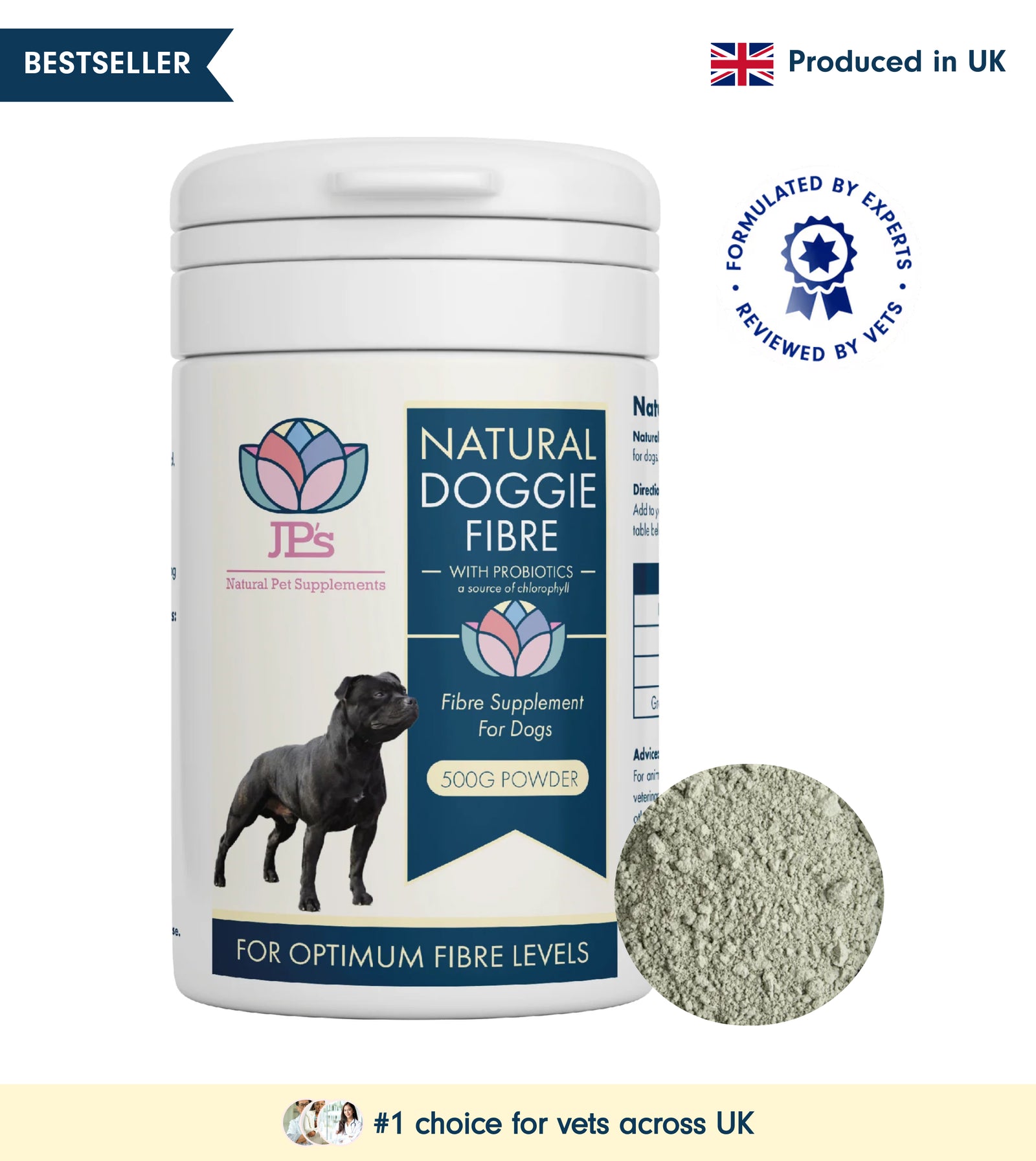
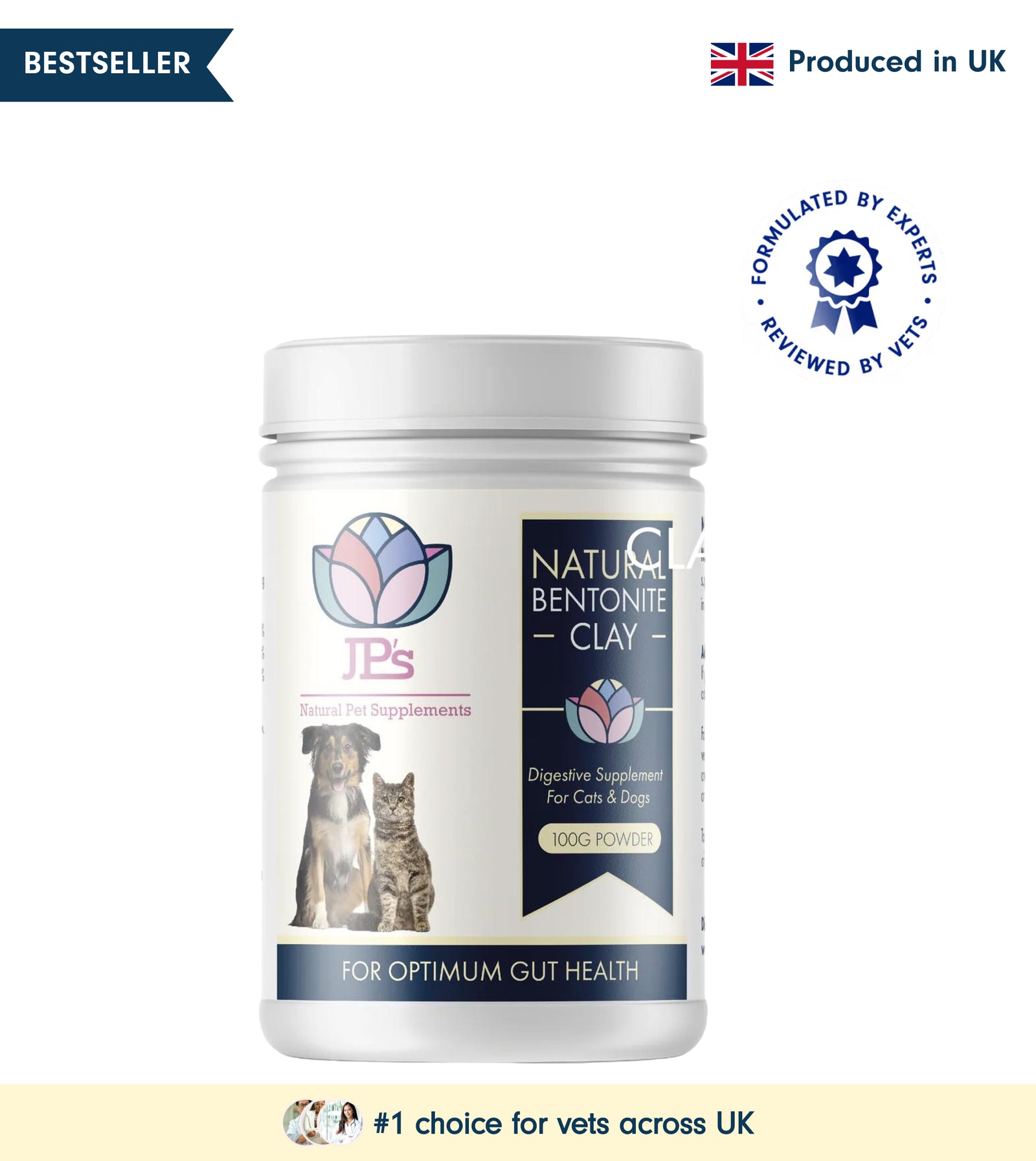
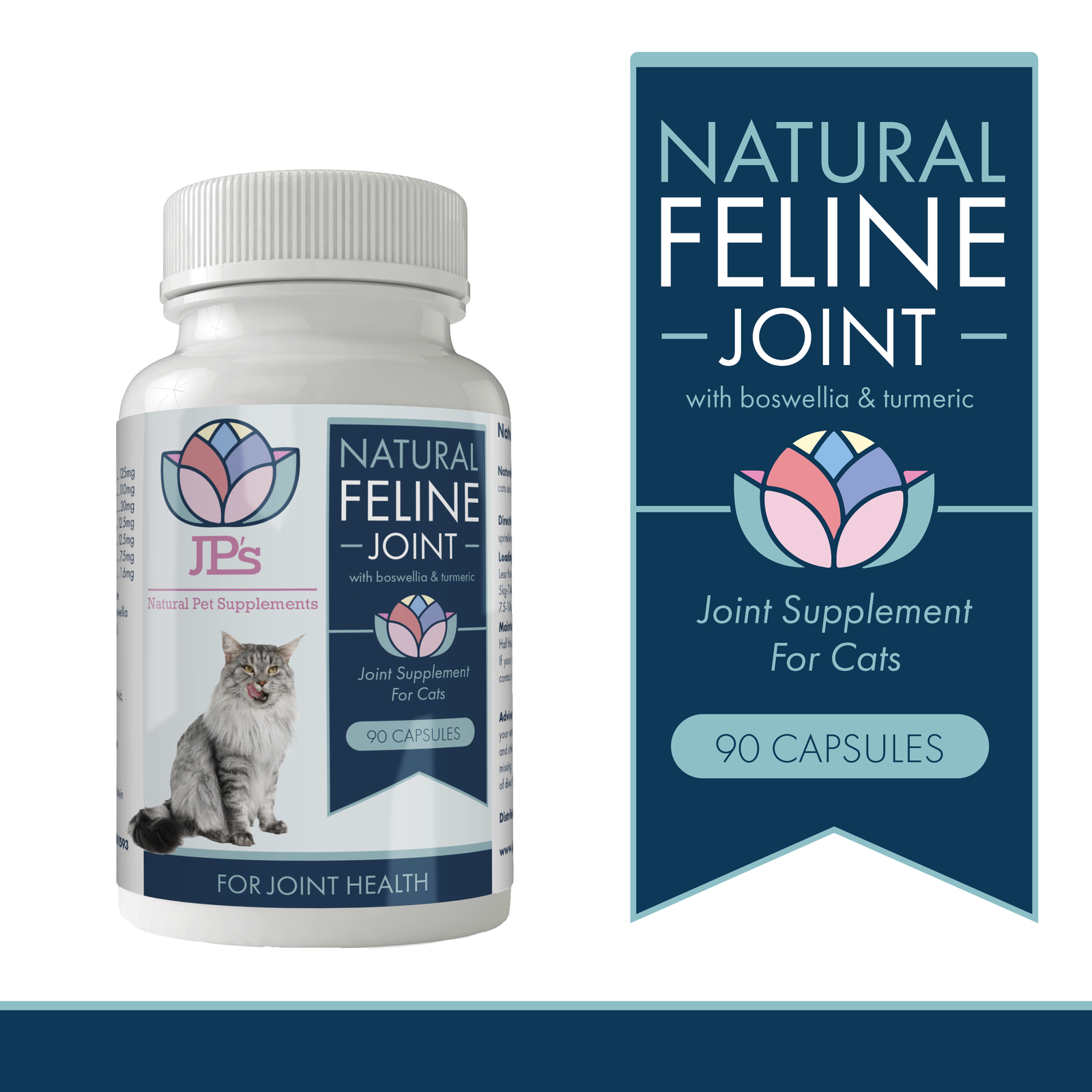
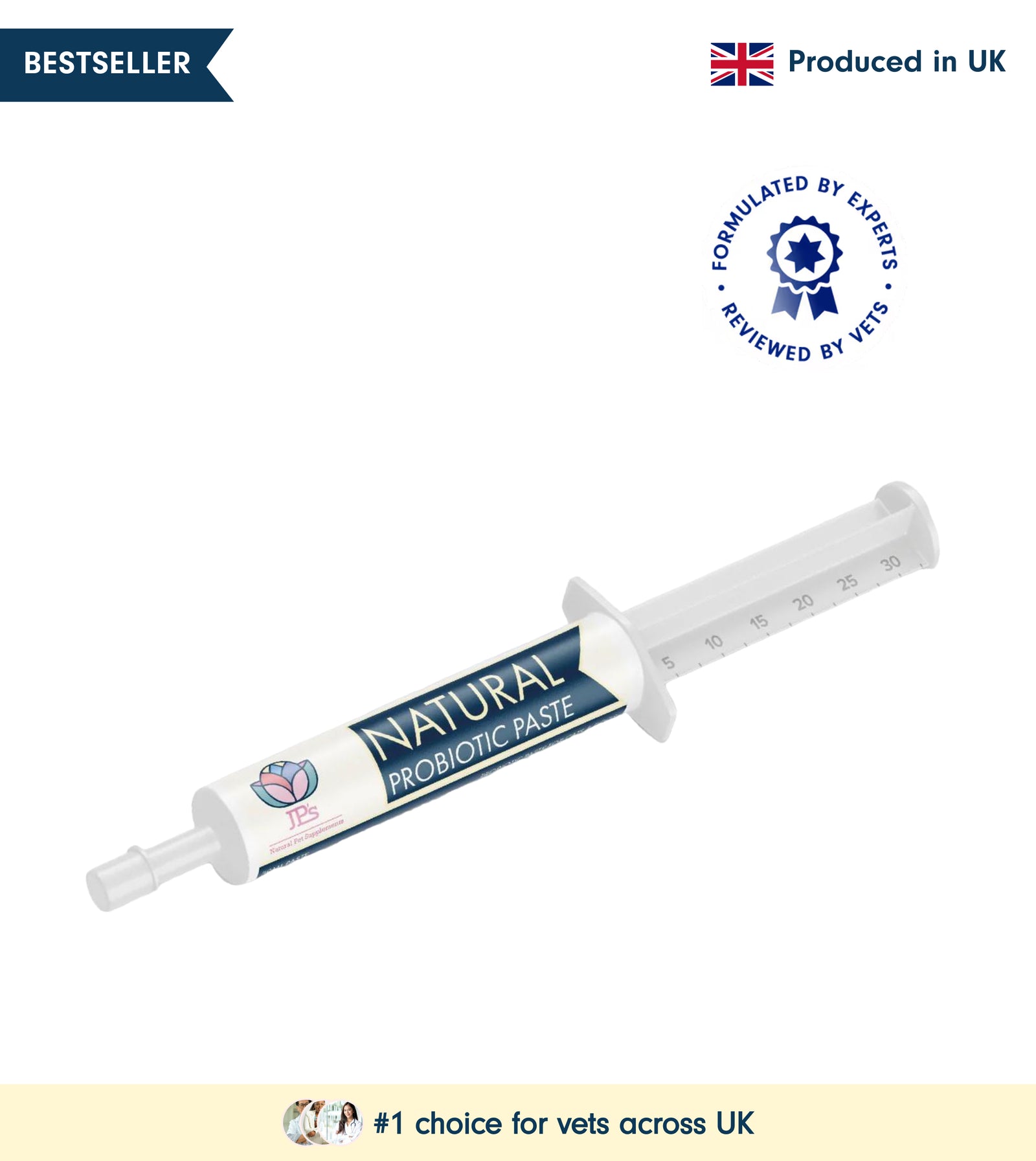
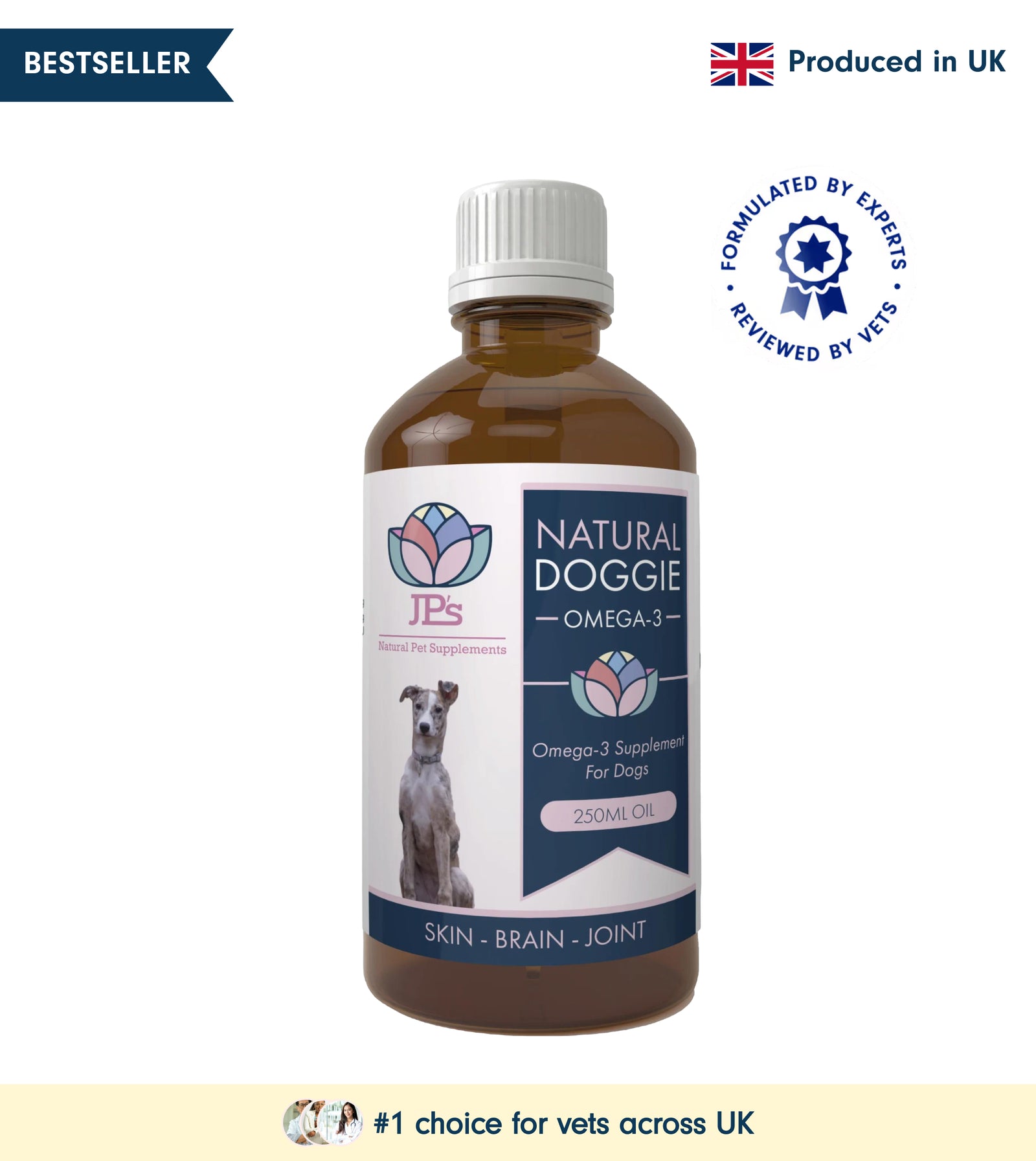
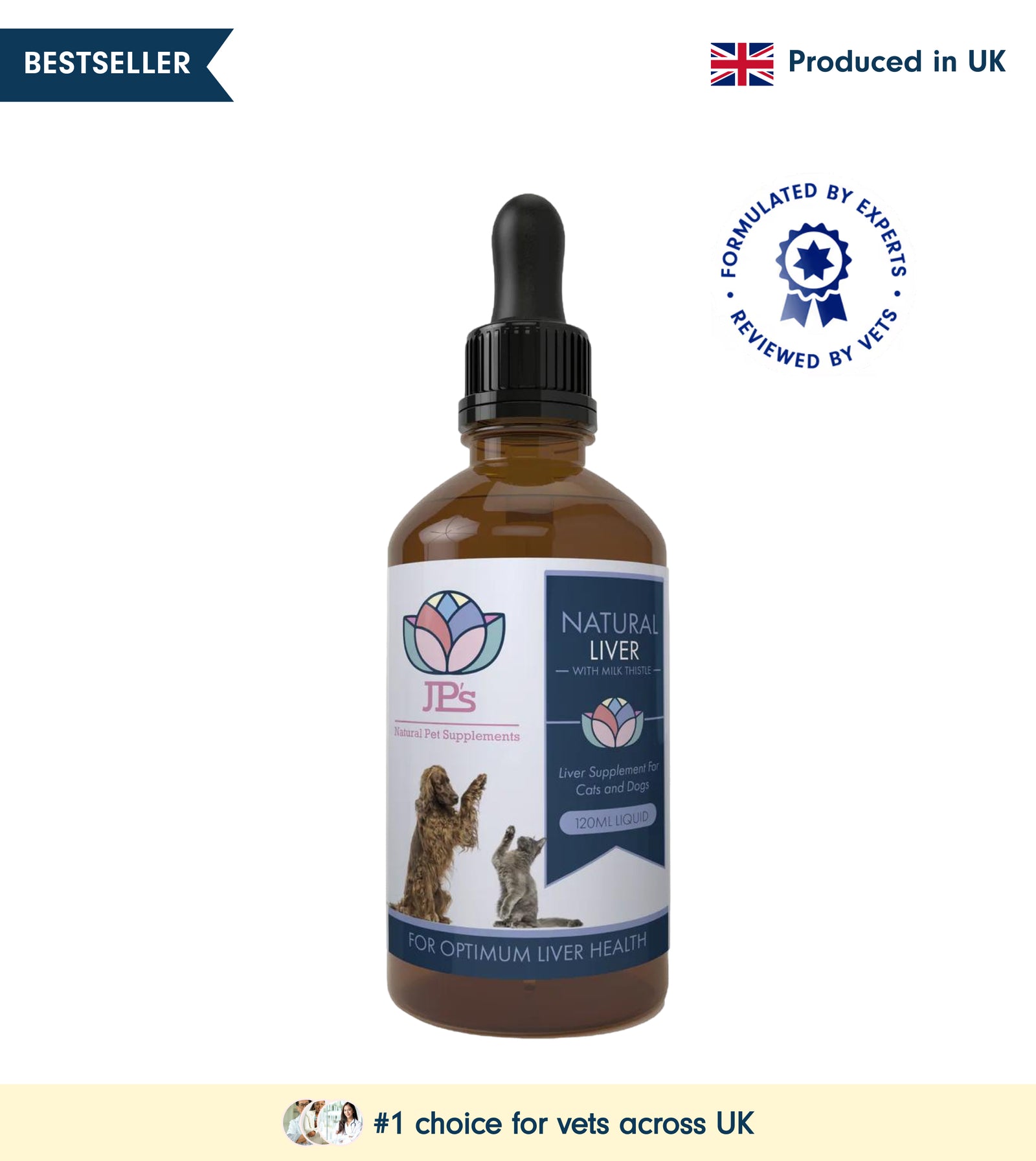
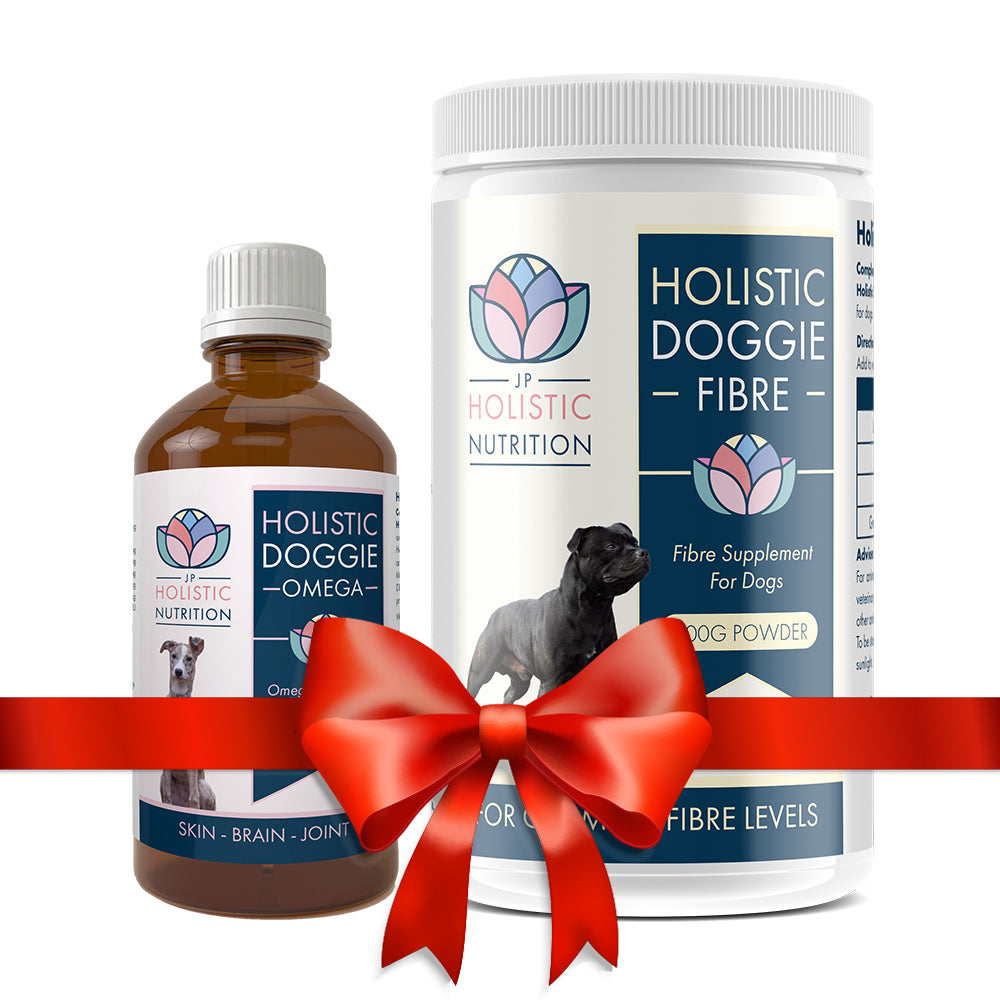
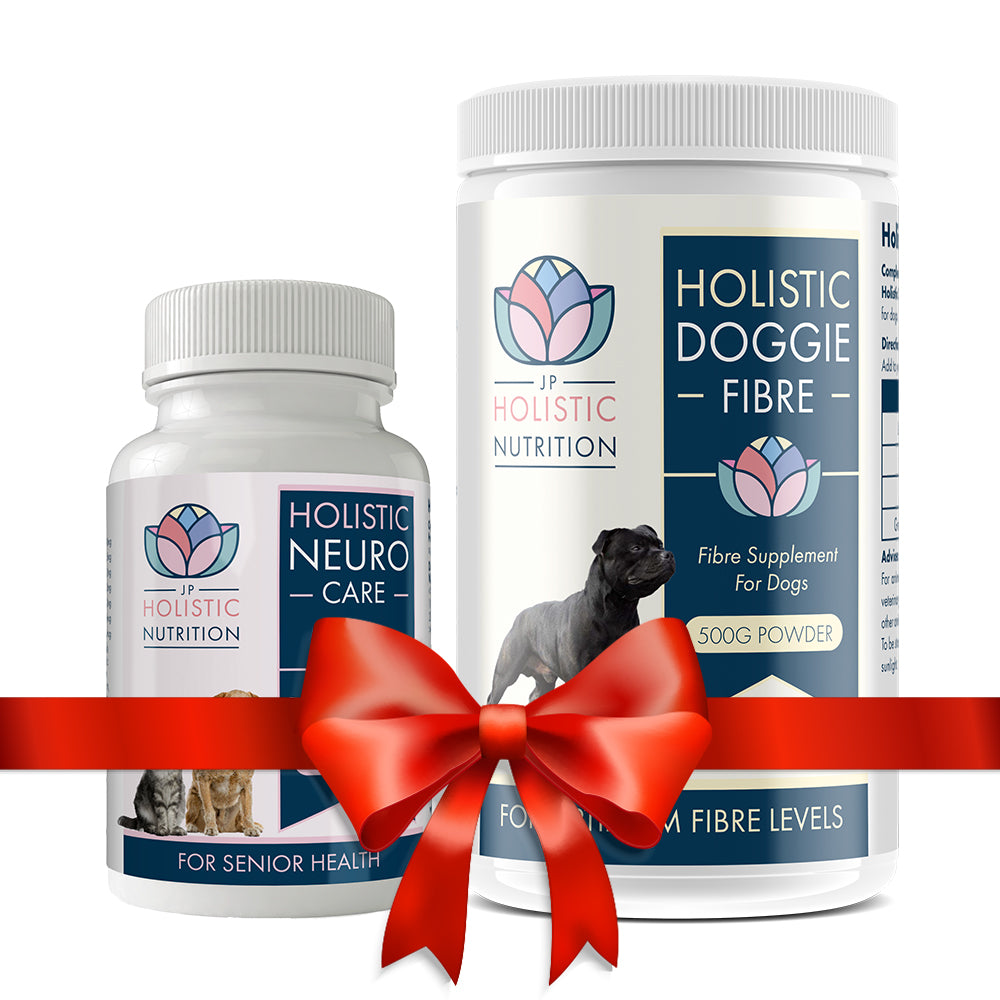
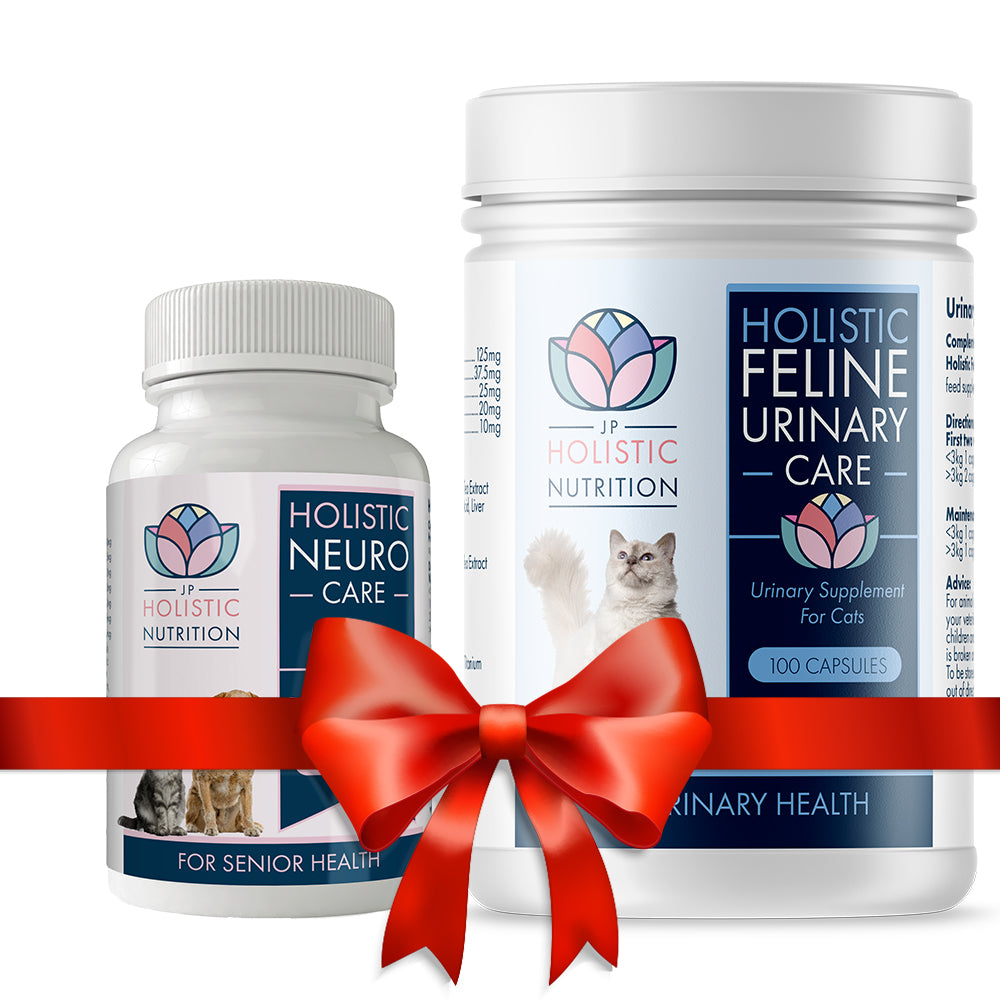
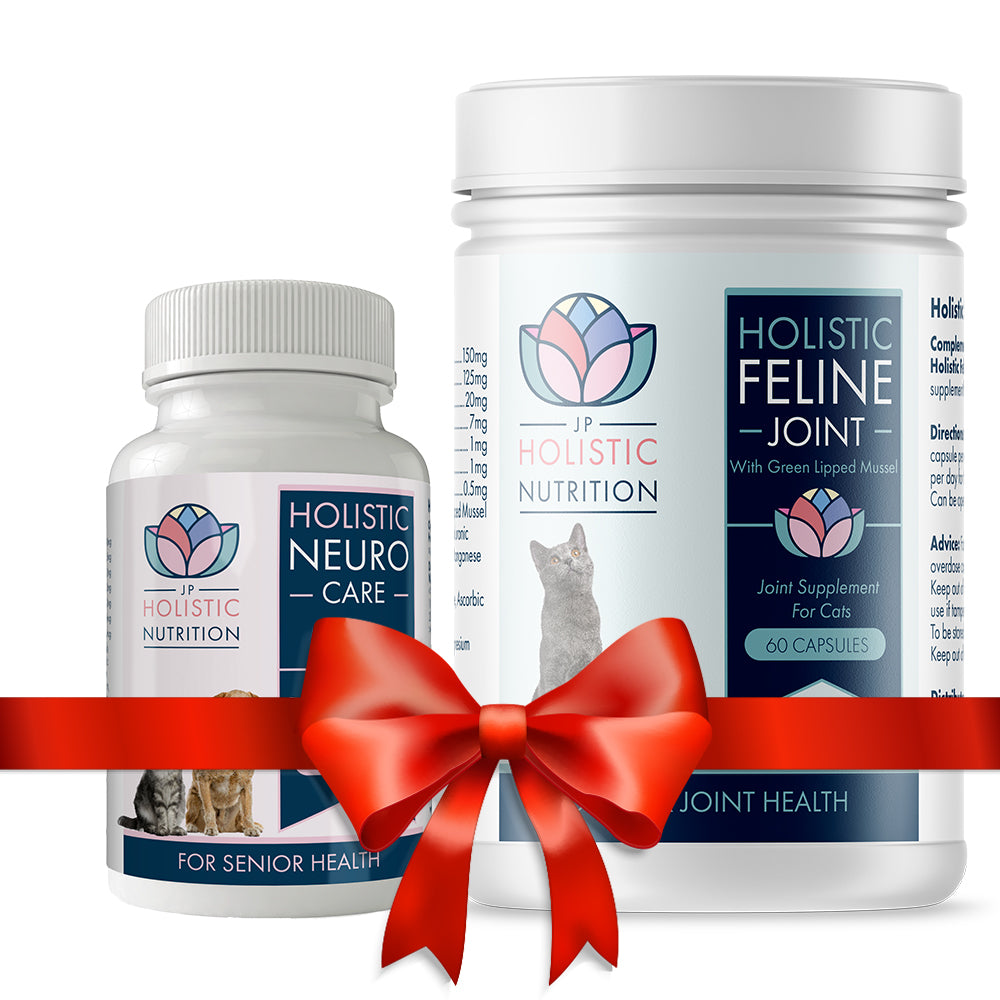
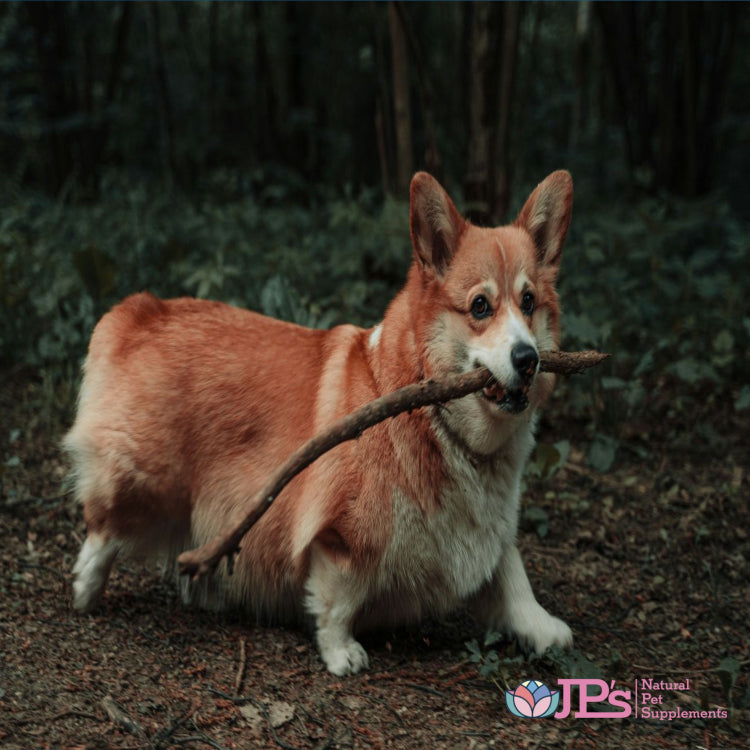




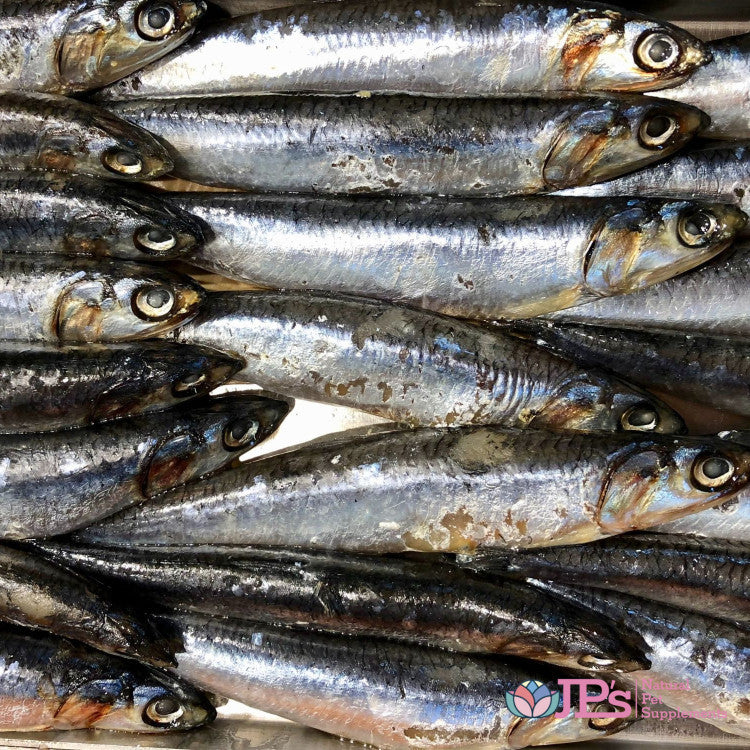
Leave a comment (all fields required)